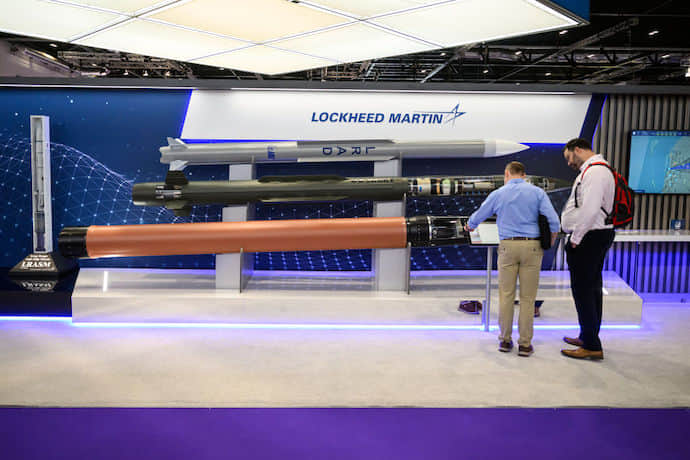Senate panel rips airlines over rising ‘junk’ fees
The Senate’s Homeland Security Permanent Subcommittee on Investigations in a new report is slamming airlines for relying on “junk fees,” saying carriers are extracting large amounts of money from the flying public and, in some cases, evading taxes. The panel's report, released Tuesday, comes two days before the Thanksgiving holiday when nearly 6 million people...

The Senate’s Homeland Security Permanent Subcommittee on Investigations in a new report is slamming airlines for relying on “junk fees,” saying carriers are extracting large amounts of money from the flying public and, in some cases, evading taxes.
The panel's report, released Tuesday, comes two days before the Thanksgiving holiday when nearly 6 million people are expected to fly somewhere to celebrate with friends and family.
The committee is accusing three major airlines — American Airlines, Delta Air Lines and United Airlines — and two low-cost airlines — Frontier Airlines and Spirit Airlines — of gouging consumers by unbundling services that used to be covered by the cost of an airline ticket and charging for basic amenities separately.
“Our investigation has exposed new details about airlines exploiting passengers with sky high junk fees,” Sen. Richard Blumenthal (D-Conn.), the panel's chair, said in a statement. “This report pulls back the curtain on tactics like dynamic pricing that burden travelers and boost airline revenue.”
Blumenthal issued the statement ahead of a hearing his panel will hold Dec. 4 during which executives from all five of those airlines will testify about their fee structures.
“As we head into the Thanksgiving weekend, we regret that travelers will be charged millions of dollars in fees that have no basis in cost to the airlines but simply fatten their bottom lines,” Blumenthal said.
The Senate subcommittee said Frontier and Spirit paid $26 million in incentives to gate agents in 2022 and 2023 to catch passengers who didn’t follow the airlines baggage policies and force them to pay bag fees, sometimes resulting in missed flights.
And it said airlines use complex algorithms to set fees and adjust prices in ways that result in significantly different costs for different customers.
The Senate investigators also said many of the fees charged to passengers are not directly tied to airlines’ costs for providing services such as transporting checked baggage or assigning seats in advance of a flight.
The airlines told the subcommittee that they do not track cost information with enough detail to actually know how much it costs to provide each passenger the services for which they are charging.
A spokesperson for Frontier said the commissions paid to gate agents are designed to “incentivize our team members to ensure compliance with bag size requirements so all customers are treated equally and fairly” and that a majority of passengers comply with the rules.
A spokesperson for Spirit, meanwhile, said it has “a long history of offering affordable, low-fare flights, which has made travel more accessible to the public.”
Potentially most troubling for lawmakers, Senate investigators said Frontier, Spirit and United avoided the federally mandated transportation excise tax by categorizing some of their charges as nontaxable fees.
Airlines are required under federal law to pay a 7.5-percent tax on what they charge passengers for air transportation, but some airlines classify services as “optional” to avoid paying taxes on those charges, according to Blumenthal’s team.
Senate investigators said this ambiguity in the law encourages airlines to charge more in nontaxable fees than airfare, and airlines are leaning into this strategy to gain an edge in attracting price-conscious consumers.
A spokesperson for Frontier said the airline applies the federal excise tax to all products and services that are not optional, in accordance with IRS rules and regulations.
The representative for Spirit said the airline is “transparent” about its products, pricing and airport policies to “ensure guests are treated fairly and equally” and complies with all tax laws and regulations.
“We respectfully disagree with numerous statements and conclusions contained in the report. With that in mind, we believe it's time to come together and discuss meaningful initiatives that would even the playing field between larger and smaller airlines to benefit all travelers, including those who rely on airlines like Spirit,” the spokesperson said.
Executives from American, Delta, United, Frontier and Spirit are scheduled to testify before the Senate’s Permanent Subcommittee on Investigations at 10 a.m. EST on Dec. 4 in the Dirksen Senate Office Building.
The Hill has also reached out to American, Delta and United for comment on the Senate panel's report.
Updated at 11:51 a.m. EST



